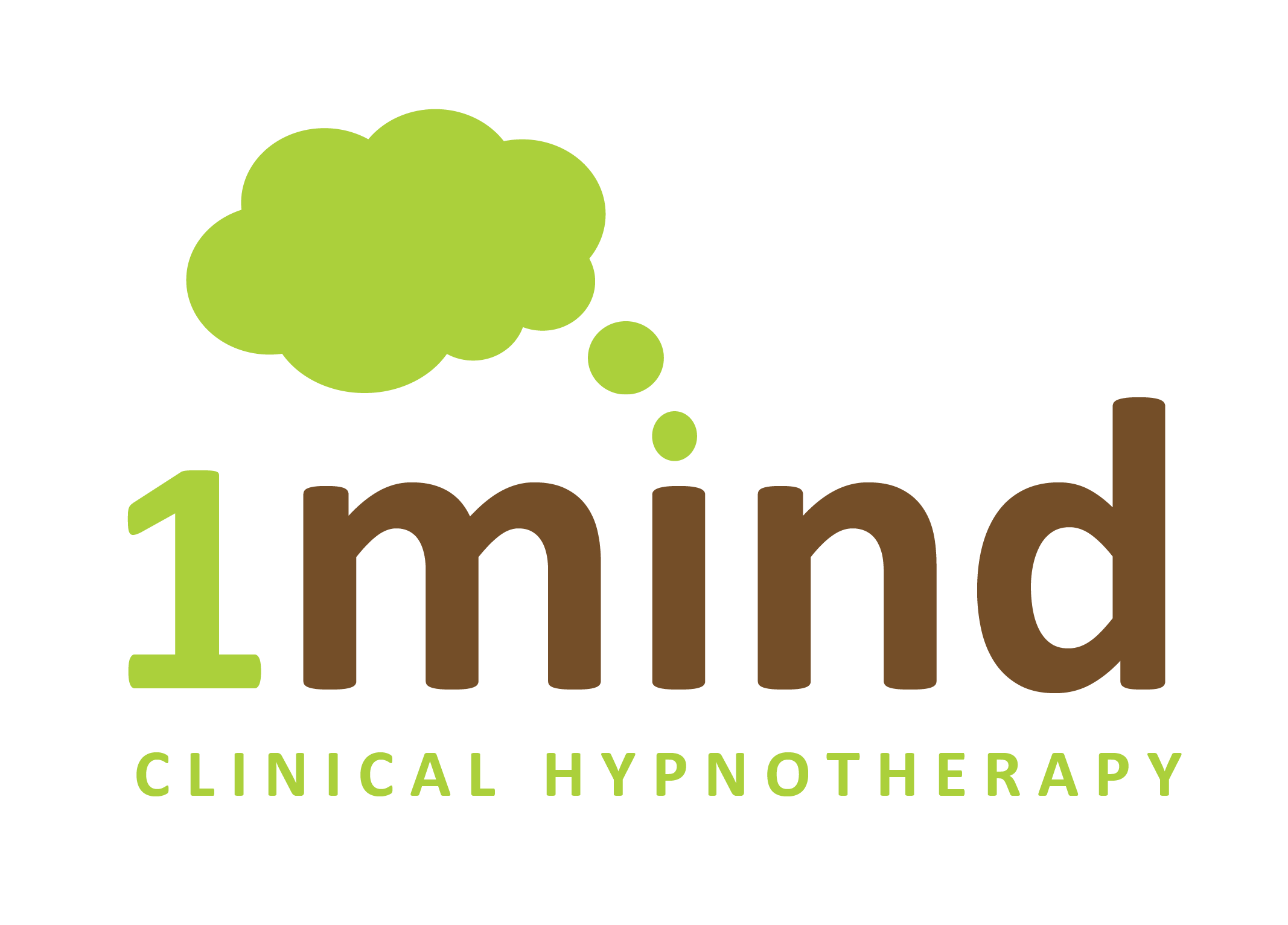
The comprehensive international picture in recent surveys of the mental health of adults shows a growing prevalence of mental health problems, with an ever increasing impact of those problems on families, partners, carers and the role of health and addiction services in providing assistance. Anxiety and exposure to emotional trauma can cause people to turn to ‘distractions’ to help them cope with the anguish, and then the ‘distractions’ can often turn into serious ‘addictions’ or OCD’s in adults & children.
Approximately 220,000 people in the UK alone are unable to leave their homes due to anxiety costing the UK NHS by 2020 an estimated £3.7 billon. This is consistent across many international studies. In the United States of America approximately 1 in 5 adults in the U.S. a staggering 43.8 million, or 18.5% experience mental illness in a given year. The rates for depression, self-harm and thoughts about suicide in adults are high and are particularly worrying. Addictions and OCD behaviours are all too common place.
When we look at the global numbers there are literally millions of the adult population if not billions worldwide suffering with mental illness and addictions. The surveys also measure the number of people who have self-harmed, had suicidal thoughts or made suicidal attempts over their lifetime, and this is where the figures become astounding:
Suicidal thoughts 20.6% of adults = 13.6 million people
Suicide attempts 6.7% of adults = 4.4 million people
Self-harm 7.3 of adults = 4.8 million people
The very good news is that EMDR is a highly effective treatment to remove the root causes of why people become addicted and develop OCD and they can then go on to tackle the habits formed successfully with therapy after EMDR. Adults who want to take more responsibility for their own families because they have perhaps been let down by local mental health services can now do so in the safety of their own home.
By making EMDR available for Home Use we have responsibly taken away the reliance on physicians and demystified the treatment right here for you, to learn in four very simple quick easy steps, giving the power back to the everyday people, to help change how people around the world treat addictions and OCD at home and in communities.
It doesn’t necessarily remove the need or role of therapists in the treatment of very complex addictions and complex associated disorders, but for those who cannot afford any such help or have little or no access to EMDR, this simple book can change and even save lives. Learn how to use EMDR in just 4 simple steps and you can too!


